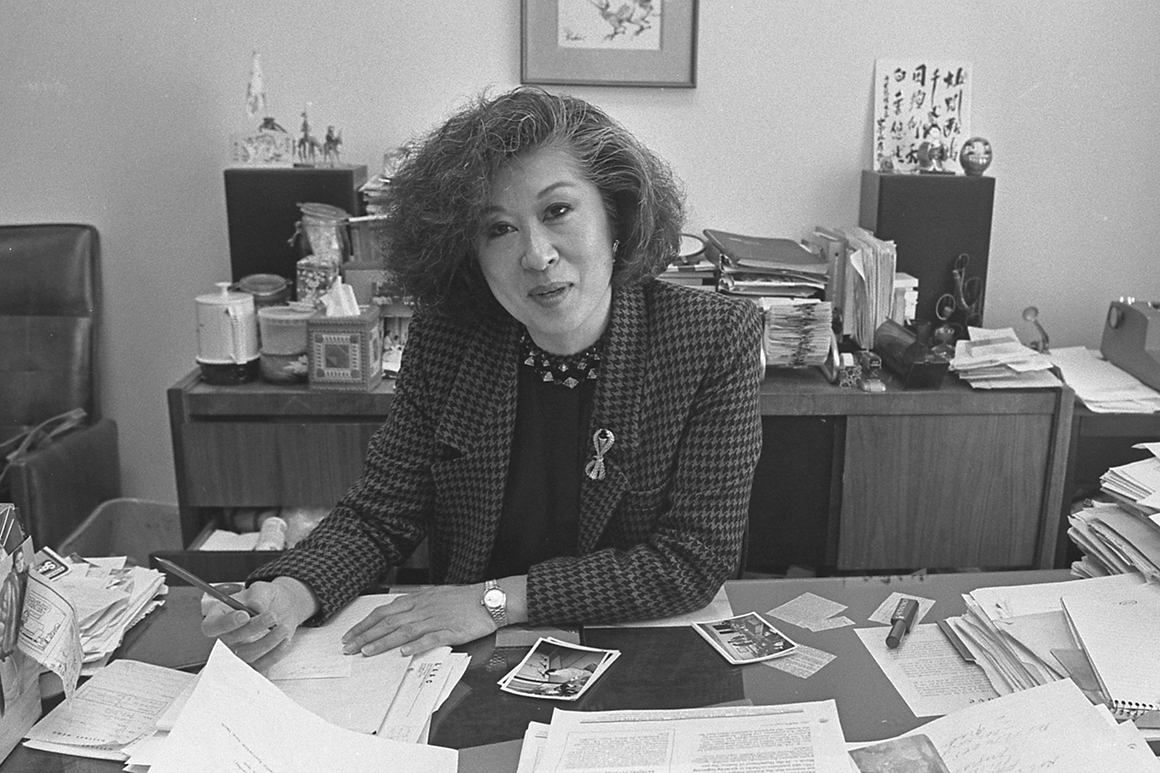
Rose Ochi was a powerful and widely respected legal mind who spent her career advocating for civil rights. When she died late last year, the loss was felt by the many she inspired to follow her path, including myself.
At a very early age, Ochi and her family faced the devastating cruelty of being imprisoned at the Rohwer concentration camp in Arkansas, alongside tens of thousands of other Japanese Americans during World War II. But, instead of embittering her to a world that would persecute her for her race, this injustice catalyzed Ochi’s passion to create and advocate for policies that built a more just and equitable society, so that others would not have to experience what she did. In fact, Ochi went on to play a key role in securing a federal apology and redress for Japanese American detention camp survivors. And, because of her crucial work with the Manzanar Committee, the former California internment camp was designated as a National Historic Site, so that the injustices done to the Japanese American community would not be forgotten or erased.
Despite her childhood experience — or maybe because of it — she continued to break barrier after barrier. This set Ochi on a long and accomplished career of not just fighting injustices, but healing them. She was selected to serve on President Jimmy Carter’s Select Commission on Immigration and Refugee Policy, through which she advocated for immigration reform and helped to secure a pathway to citizenship for thousands of undocumented immigrants. And she worked with President Bill Clinton’s administration on drug policy and race relations. Ochi also served in multiple roles for the city of Los Angeles, where she helped to reduce gang violence, supported programs for at-risk youth, designed successful community policing methods, and even increased the number of women and officers of color in the Los Angeles Police Department.
Her impact extended beyond policy, though. As one of the only vocal Asian American women serving in a position of political leadership, Ochi also blazed the trail for people like me. When I was growing up, I never even dreamed that I could be an elected official, let alone a member of Congress. That was because of how few Asian Americans there were in public life. But Ochi was so bold that she was an inspiration to me.
She sought positions that would allow her to fight for justice, such as the director of Los Angeles’ Criminal Justice Office under Mayor Tom Bradley. She was the first Asian American woman to be appointed to the L.A. Police Commission. Later, she made her mark in Washington D.C., becoming the first Asian American woman to be U.S. Senate-confirmed as an assistant attorney general, heading the Department of Justice’s community relations office, which worked on improving race relations.
Ochi was passionate and compassionate, and always had a word of encouragement for me, including as a constituent of the district I represent in Congress. But her greatest strength might have been her boundless energy. Not just the energy to rise out of an American concentration camp and forge her own path into government, but the energy to keep going from victory to victory, knowing the work was never done. I will never forget my last encounter with her. She was looking somewhat fragile, but the eagerness was still there, and I was astonished when she asked if she could help volunteer on a campaign. There was no barrier that could stop her. I was so lucky to have Rose Ochi as my constituent and as my friend. I was so lucky to have known her at all.
----------------------------------------
By: Judy Chu
Title: Rose Ochi: A Civil Rights Advocate Who Blazed Trails for Asian American Women
Sourced From: www.politico.com/news/magazine/2021/12/27/2021-obituary-rose-ochi-520597
Published Date: Mon, 27 Dec 2021 05:00:22 EST
Did you miss our previous article...
https://consumernewsnetwork.com/politics-us/i-thought-i-knew-harry-reid-i-was-wrong






